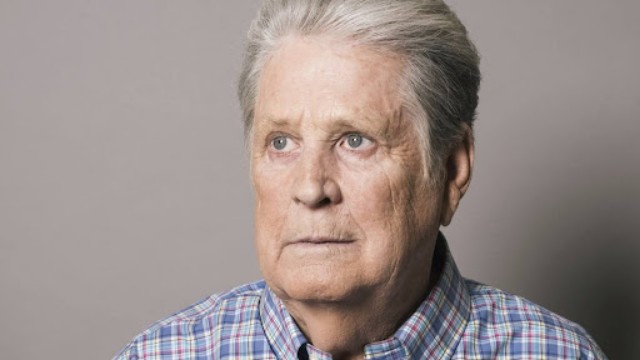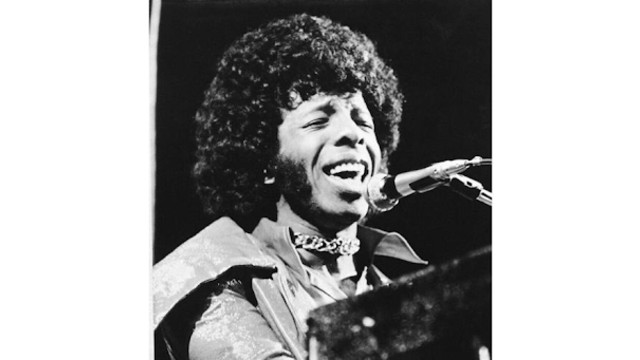
Alijanour, a well-known artist famous for Persian miniature paintings, is among over twenty-four people who have taken legal action against Arash Missaghi in the past 24 years, seeking a total of at least $90 million. However, despite numerous lawsuits, Missaghi never faced conviction, penalties, or accountability for the alleged series of frauds attributed to him before his death.
Alijan Alijanpour, a Toronto artist, first crossed paths with Arash Missaghi a decade ago when Missaghi commissioned a painting of his late mother for a hefty $50,000. This initial transaction, along with a few more commissions, built a foundation of trust between the two. However, what started as a professional relationship soon turned into a nightmare for Alijanpour.
Alijanpour, now 68, alleges that Missaghi not only stole his life's work — 38 paintings valued at over a million dollars, painstakingly created over 20 years — but also plunged him into financial ruin through a fraudulent $1.2-million mortgage in his name.
"I've lost so much," Alijanpour lamented to CBC Toronto, speaking through a translator. "I've never encountered anyone like him in my life."
The saga took a tragic turn recently when Missaghi and his associate Samira Yousefi were fatally shot in Missaghi's Toronto office by Alan Kats, who subsequently took his own life. Alisa Pogorelovsky, Kats' widow, attributed her husband's drastic actions to their financial devastation caused by Missaghi's alleged schemes.
Earlier this year, the couple filed a lawsuit against Missaghi and Yousefi after allegedly losing $1.28 million in a mortgage fraud they believe Missaghi orchestrated.
A comprehensive review of court records by CBC Toronto uncovered a staggering history: two dozen lawsuits totaling more than $90 million over two decades, alongside police reports and criminal fraud charges. Despite the extensive legal battles, Missaghi never faced conviction or sanctions for his alleged fraudulent activities before his death.
Peter Smiley, a civil lawyer in Toronto who has been involved in cases against Missaghi since 2018, expressed that the recent tragic events were a direct consequence of years of institutional inaction.
"These are serious criminal matters that have been left unresolved, pushing victims into the civil justice system due to police and Crown inaction," Smiley explained.
Missaghi, declared bankrupt since 2000, theoretically had no assets to enforce civil judgments against him. However, Smiley asserted that Missaghi concealed substantial assets acquired through fraud, using shell companies and straw purchases.
In a significant development, Ontario Superior Court Justice Lee Akazaki noted in a recent order related to Pogorelovsky's case that Missaghi and his wife controlled assets worth upwards of $50 million across North America.
Despite Toronto police charging Missaghi in 2018 with fraud and document forgery following a major investigation dubbed Project Bridle Path, the Crown withdrew the charges in July 2021, citing a lack of public interest in proceeding.
Alijanpour reported to Toronto police in 2019 that Missaghi had stolen paintings worth $1.2 million that he had entrusted to Missaghi for safekeeping during a gallery move. Despite initial assurances from police, Alijanpour claimed no progress was made after the detective handling the case left the force in mid-2022.
The complexity of Missaghi's alleged fraudulent activities extended beyond art theft to intricate real estate transactions. This led to the suspension or revocation of licenses for several lawyers implicated in these schemes by the Law Society of Ontario (LSO).
Peter Smiley pointed out that regulatory bodies like the LSO and the Financial Services Regulatory Authority of Ontario (FSRA) should have taken more decisive action against Missaghi and his associates earlier.
While FSRA confirmed that Missaghi was never licensed as a mortgage broker or agent, questions remain about the unresolved legal claims against him.
In the meantime, Alijanpour has had to shift his focus to producing more generic artwork, selling it for less in a bid to cover legal fees.















